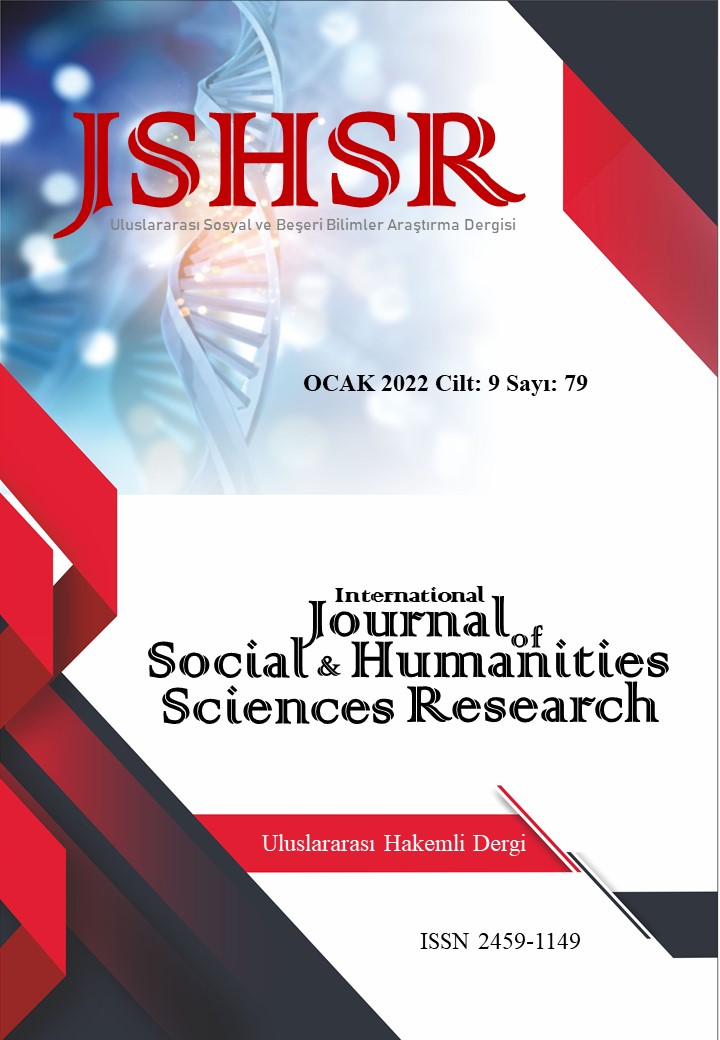EXAMINATION OF LIFESTYLE LEARNING QUALIFICATION LEVELS OF MASTER TEACHERS WORKING IN PUBLIC EDUCATION CENTERS
DOI:
https://doi.org/10.26450/jshsr.2919Keywords:
Master trainers, public education, lifelong learningAbstract
This research, it is aimed to reveal the lifelong proficiency levels of master trainers working in public education centers. The study population of this research consists of 647 master trainers working in Public Education Centers in the Kayapınar district of Diyarbakır province in the 2020-2021 academic year. In the research, it was tried to reach all the master teachers in the universe. For this purpose, it was sent to all individuals with the link created in Google Form. The research responded to 240 master teacher scales that voluntarily gave feedback using the simple random sampling method. "Lifelong Learning Competency Scale" was used in the research. The data obtained in the research were analyzed using the SPSS 21 program. The results obtained by taking the average of the answers given by the participants to the scale dimensions and the frequency (n) distribution were presented in tables. In general, it has been observed that the lifelong efficacy perceptions of master trainers are at a very high level. It has been determined that there is no significant difference according to the lifelong learning proficiency levels of the master trainers, the lifelong learning proficiency levels of the master trainers, gender, marital status, education level, and the duration of duty in the public education center. Studies can be conducted to determine the lifelong learning proficiency levels of master trainers working in public education centers as well as their relations with different variables (organizational alienation, silence, organizational trust, etc.).
Downloads
Published
How to Cite
Issue
Section
License
Copyright (c) 2022 INTERNATIONAL JOURNAL OF SOCIAL HUMANITIES SCIENCES RESEARCH

This work is licensed under a Creative Commons Attribution 4.0 International License.


